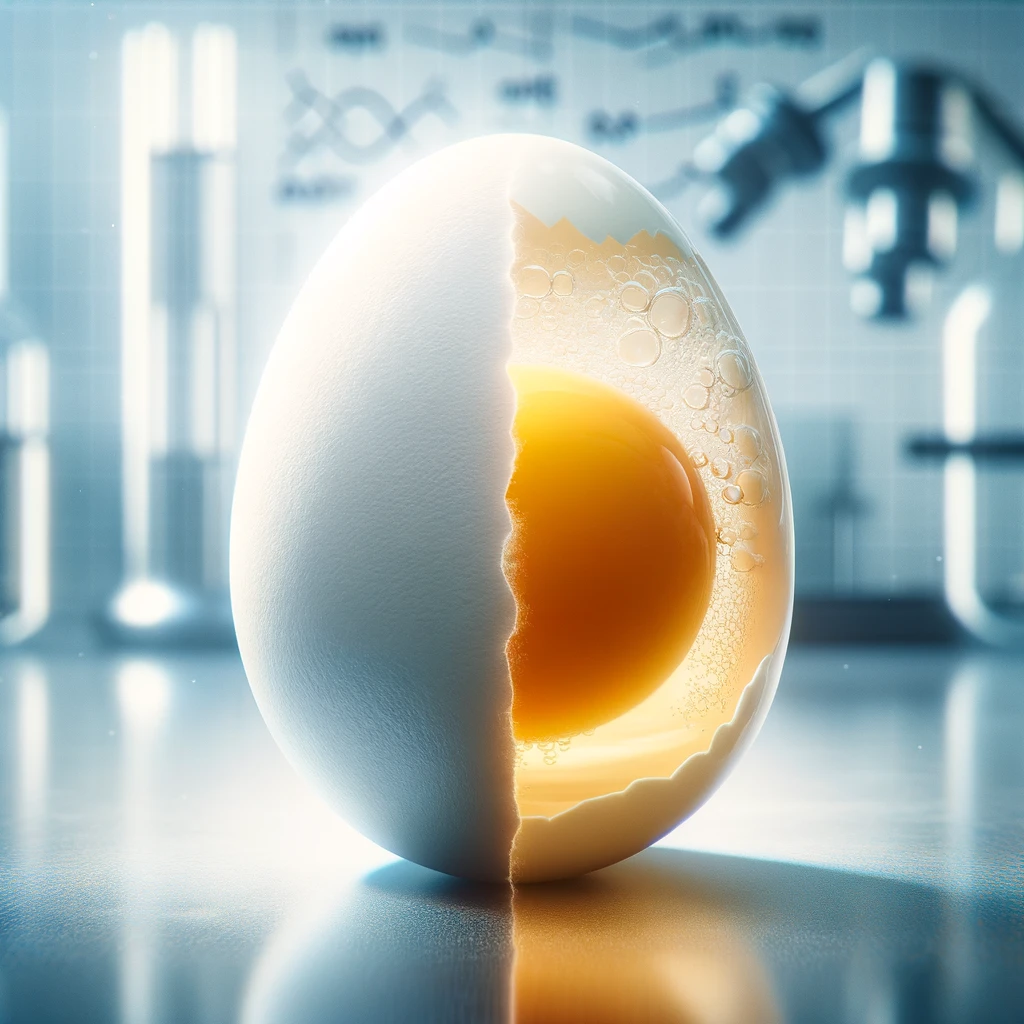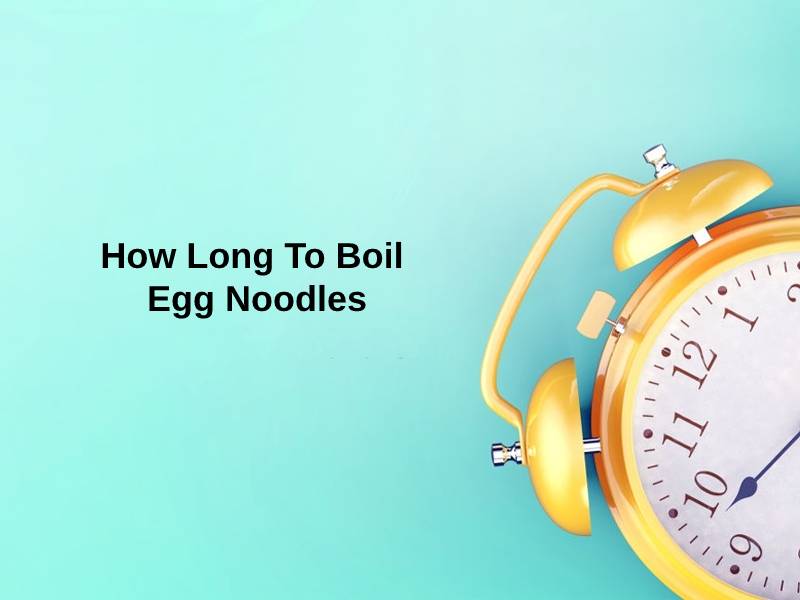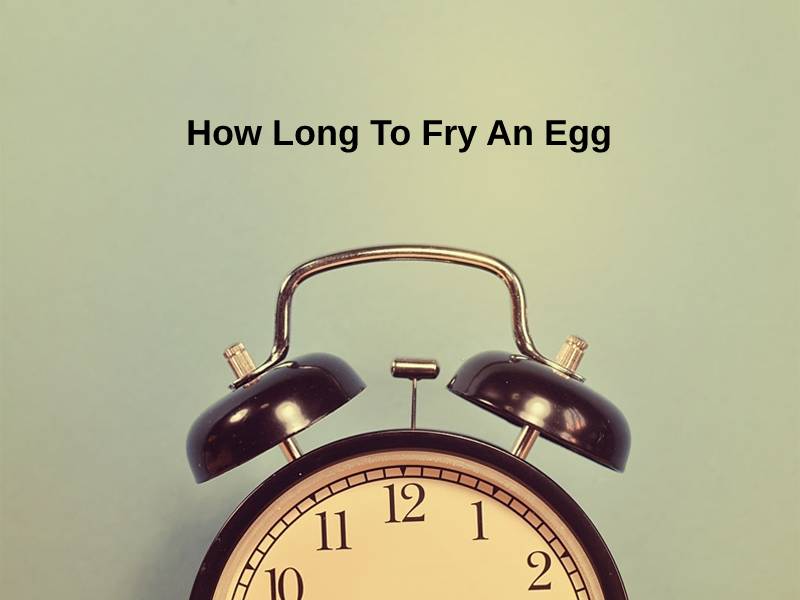In a breakthrough that sounds straight out of a science fiction novel, chemists from the University of California, Irvine, and their Australian colleagues have achieved what was once thought impossible: they’ve found a way to unboil egg whites. This discovery, detailed in the journal ChemBioChem, is not just about culinary magic—it could significantly reduce costs in cancer treatment, food production, and more, potentially impacting the $160 billion global biotechnology industry.

Professor Gregory Weiss of UC Irvine, a lead researcher in this study, explains that their work focuses on the proteins in egg whites that, when boiled, tangle up and lose their function. Traditionally, when proteins misfold—take on the wrong shape—they become useless, posing a big problem in biotechnology where protein creation and recycling are critical.
The process of boiling an egg involves heating egg whites to 90 degrees Celsius for 20 minutes, during which the proteins denature—or lose their natural structure. Weiss and his team have developed a technique that can refold these proteins back to their original, functional states. The method starts with adding a chemical called urea to the boiled egg whites, which breaks down the solid whites back into a liquid form. However, this only addresses part of the problem, as the proteins are still misshapen.
This is where a revolutionary piece of equipment comes into play: a vortex fluid device, created by Professor Colin Raston’s lab at Flinders University in South Australia. This device applies intense shear stress to the proteins within thin, microfluidic films, efficiently untangling them and allowing them to return to their correct forms. Impressively, what used to take about four days of molecular-level dialysis can now be achieved in mere minutes with this new approach.
While the idea of unboiling an egg is a useful demonstration, the real value lies in the broader application of this technology. Misfolded proteins are a common and costly issue in various industries, particularly pharmaceuticals. Pharmaceutical companies, for instance, rely on expensive processes involving hamster ovary cells, which are less prone to protein misfolding. The new method could allow for cheaper and faster protein manufacturing using more common systems like yeast or E. coli, which could lead to lower costs in producing cancer treatments.
Beyond medicine, the implications are vast. Cheese makers, farmers, and other industries that use recombinant proteins could see greater efficiency and cost savings. This technique could fundamentally change the way proteins are produced and utilized across multiple sectors, making processes cheaper, faster, and more environmentally friendly.
The “unboiled egg” experiment underscores a significant leap forward in protein research, promising not only scientific intrigue but also practical applications that could transform industries.









